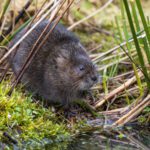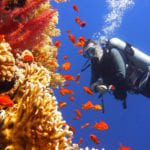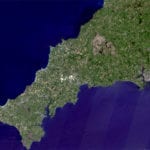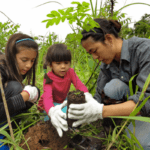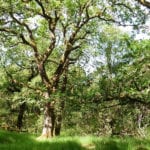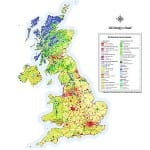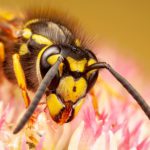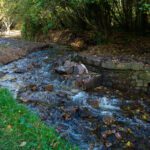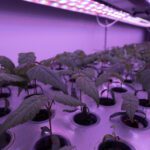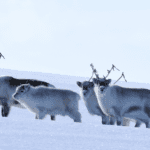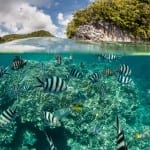UK soils could see step change in carbon sink potential, with proper investment
Investing in the ground beneath our feet could have wide-ranging benefits for the environment, animal and human health – as well as moving closer...
‘Superhero’ seagrass meadows produce sand that may protect coral reef islands from sea-level rise
Seagrass meadows produce large volumes of sediment that can build coral reef island shorelines, increasing the resilience of low-lying reef island nations to future...
2021 will be a record year for beaver releases
The Wildlife Trusts are releasing a record number of beavers in 2021 – twenty years after bringing the first ever beavers back to...
Plastics pollution talks conclude in deadlock again, but progress is still possible
The latest round of UN negotiations on a global treaty to end plastic pollution came to a gruelling close on 15 August, without reaching...
Six river projects included in £14.5 million species recovery grant scheme
Natural England has announced (on 14 September) 63 projects across England - "one of the most nature-depleted countries on earth" - that have been...
Technology aims to boost environmental biosecurity in Great Barrier Reef
Reef rehabilitation trials began at two reef sites in Australia’s Great Barrier Reef in the Whitsunday Islands in January. The Great Barrier Reef has...
Comment: The UK Government’s deregulation agenda is dangerous
For the good of future generations, we must retain existing laws and improve protections for nature, writes Joan Edwards, director of policy for The...
“Biological house” is proving ground for sustainable construction methods
Copenhagen based architecture firm Een til Een has unveiled what it describes as the world’s first "biological house".
The construction is claimed to set a...
Study looks for lithium ‘fingerprint’ from space
A team of data scientists at the Satellite Applications Catapult is leading a new study, funded by Innovate UK, to see if it is possible to detect a lithium ‘fingerprint’ from space
Fifteen ways to reforest the planet: Latest research profiled in publication
A dedicated issue of the Royal Society’s Philosophical Transactions explores the latest scientific advances in forest restoration.
“This paves the way for evidence-based, on-the-ground action...
Biodiversity Net Gain is moving closer, says Defra, as observers praise “game changer” policy
The UK government said nature-positive developments were moving a step closer on 27 July as it announced additional government support to enable the rollout...
Thousands of species at risk from native oak decline
Oak trees have long had a reputation for supporting a range of biodiversity, however, research published on 15 April has uncovered just how many...
UK land use map reveals large-scale changes
Large-scale changes to the environment of the UK, including an apparent loss of habitats and agricultural land, have been revealed in an updated national...
Citizen scientists reveal how the common wasp spreads across UK
The Big Wasp Survey, a citizen science project involving thousands of volunteers throughout the UK, has yielded important genetic insights into the common wasp,...
New service aims to bridge gap between traditional air quality assessment practice and ecological...
EPR, a planning-focused ecological survey and design consultancy, has launched a standalone Air Quality Assessment service that it says bridges the gap between traditional...
Weir removed as part of River Medlock restoration
The River Medlock in Greater Manchester is being re-naturalised by Groundwork Greater Manchester as part of the final phase of an 18-month project to...
Blenheim Estate project aims to boost reforestation effectiveness
Innovative farming methods will be used to help address the affects of climate change, in a new project announced on 21 March by Blenheim...
Megacities out-shine the moon in coastal environments says first quantification of artificial light at...
Coastal megacities could be illuminating the marine environment up to six times more than the moon but are often not considered when reviewing stressors...
Rudolf is coping with climate change better than feared – for now
The North Pole is not what it once was. The Arctic is the area on the globe where temperatures are rising the fastest. On...
Vital improvements needed to forecast impact of climate change on biodiversity, say scientists
Improvements must be made to how we predict the impact of climate change on plants and wildlife, according to new research published on 8...






